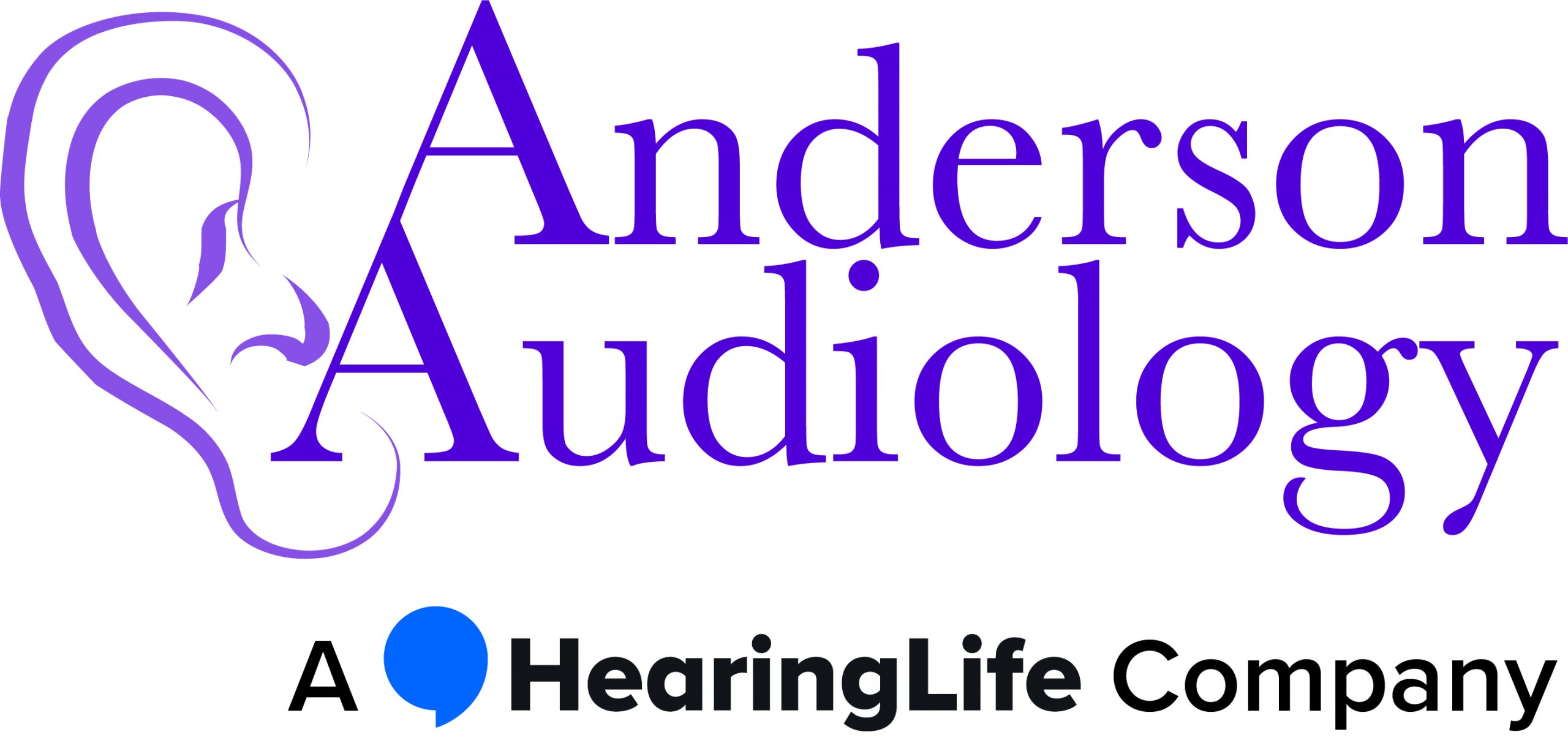Sudden Hearing Loss Linked To Stroke
The onset of SSNHL (Sudden Sensorineural Hearing Loss) can be a frightening experience. Since there are no known causes for sudden hearing loss, its unpredictability and rapid development make it all the more alarming. Most incidents of SSNHL develop within three days and are usually unilateral – affecting only one ear. Individuals may awaken in the morning to discover the hearing loss or they may notice it occurring over the course of several days. Sudden sensorineural hearing loss is defined as a hearing impairment of at least 30 dB in three sequential frequencies.
While medical practitioners can’t say definitively what provokes an episode of SSNHL, vascular occlusion is often listed as a possible cause, as well as viral and bacterial infections, ruptured inner ear membranes, tumors and autoimmune diseases. The role that the vascular system plays in sudden hearing loss has led researchers to study the possible connection between sudden hearing loss and strokes, since a stroke is defined as brain damage that results from an obstruction in its blood supply.
Risk of Stroke Development Among SSNHL Patients
Published in 2008 in Stroke, a study based in Taiwan sought to determine whether there was a link between SSNHL episodes and an increased risk of stroke. The study, conducted by Herng-Ching Lin, Pin-Zhir Chao and Hsin-Chien Lee, evaluated 7,115 patients over the course of five years after hospitalization. Of these 7,115 patients, 1,423 of them were hospitalized right after sudden hearing loss, while the remaining 5,692 patients were hospitalized for appendectomies and used as a control group.
At the conclusion of the five-year study, 621 patients of the entire sample population had experienced a stroke – 180 of whom were SSNHL patients. After the researchers adjusted for gender, income, medical background and other relevant factors, the data indicated that the hazard for having a stroke was 1.64 times greater – more than a 150% increased chance – for SSNHL patients than the control group appendectomy patients. This study demonstrated for the first time that sudden hearing loss may serve as an early warning sign for a stroke.
What Should Patients Who Have Experienced Sudden Hearing Loss Do Next?
Approximately 40 – 65% of SSNHL cases result in spontaneous recovery, but all individuals who have experienced an episode of sudden hearing loss should continue to monitor their health and look for signs of impending stroke after the event. According to the 2008 study, the average time between initial SSNHL hospitalization and the onset of stroke was 804 days, with most strokes occurring within the first two years. After you or a loved one has experienced sudden hearing loss, it’s important to undergo a comprehensive neurological exam and schedule routine follow-ups, even years after the initial event.
For more information on the aforementioned 2008 study, visit Stroke, an AHA/ASA Journal.
To learn more about your hearing health, contact us or call 702-978-8004 to make an appointment.
